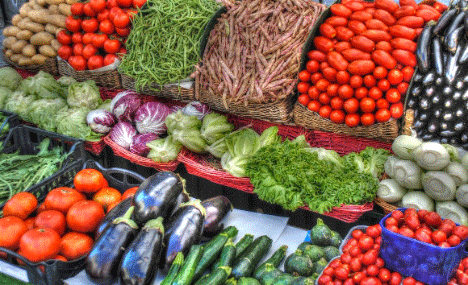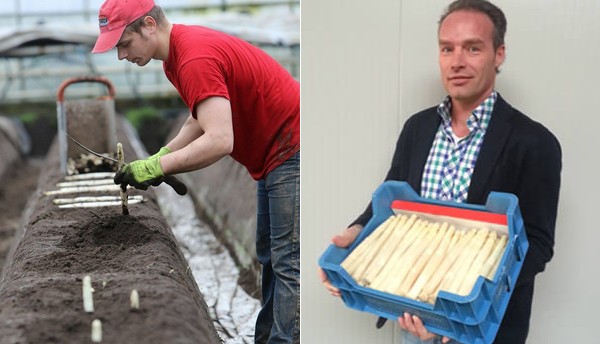Over the past few years, Spanish households have seen a notable decrease in the consumption of fresh vegetables. In 2023, the average consumption was 48.92 kilograms per person per year, marking a 2.6% decrease from the previous year and a substantial 14% drop since 2019, the year before the pandemic. This decline is particularly striking given the year-on-year increase in per capita spending on fresh vegetables, which rose by 7.5% to 114.89 EUR per person in 2023.
The reduction in vegetable consumption is not a new trend. Aside from a temporary spike during the pandemic in 2020, the consumption of fresh vegetables in Spanish households has been steadily declining for several years. When comparing the 2023 figures with data from 2008, the demand for fresh vegetables has plummeted by 17.9%. This trend is mirrored in the consumption of fruits, which saw a 2.7% decrease compared to the previous year.
This persistent decline in vegetable consumption exacerbates the imbalance between supply and demand, contributing to market instability. According to the Spanish Federation of Associations of Producers Exporters of Fruits, Vegetables, Flowers, and Live Plants (FEPEX), this imbalance is further intensified by increasing imports. FEPEX emphasizes the need for robust consumer information campaigns to highlight the health benefits of consuming fruits and vegetables. Improving consumer awareness could help reverse the downward trend and potentially reduce healthcare costs by fostering better dietary habits.
The steady decline in fresh vegetable consumption in Spain poses significant challenges for the agricultural sector and public health. While household spending on vegetables has increased, the actual consumption has not kept pace, leading to market disruptions and health concerns. Addressing this issue requires a concerted effort from all stakeholders to promote the benefits of vegetable consumption and stabilize the market through effective consumer education campaigns.










